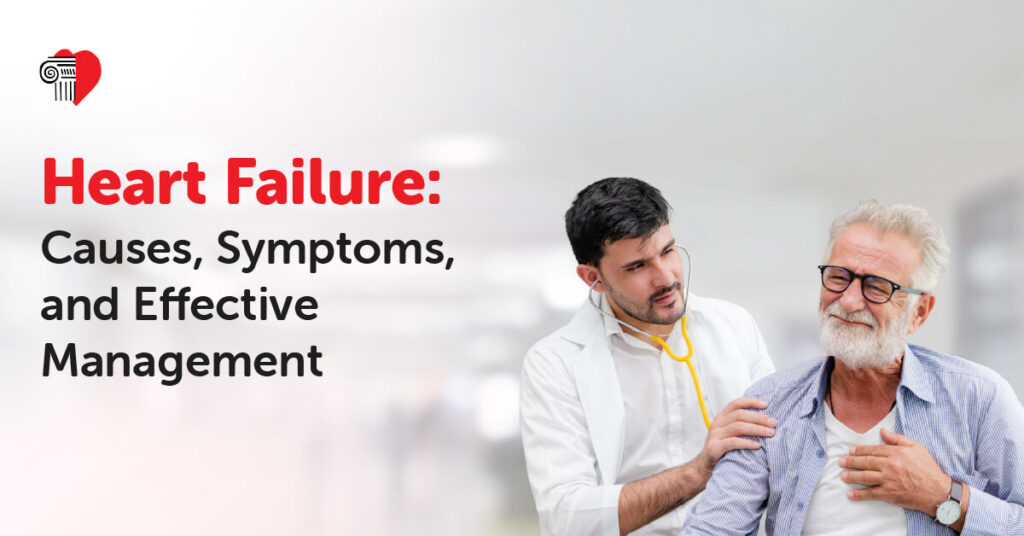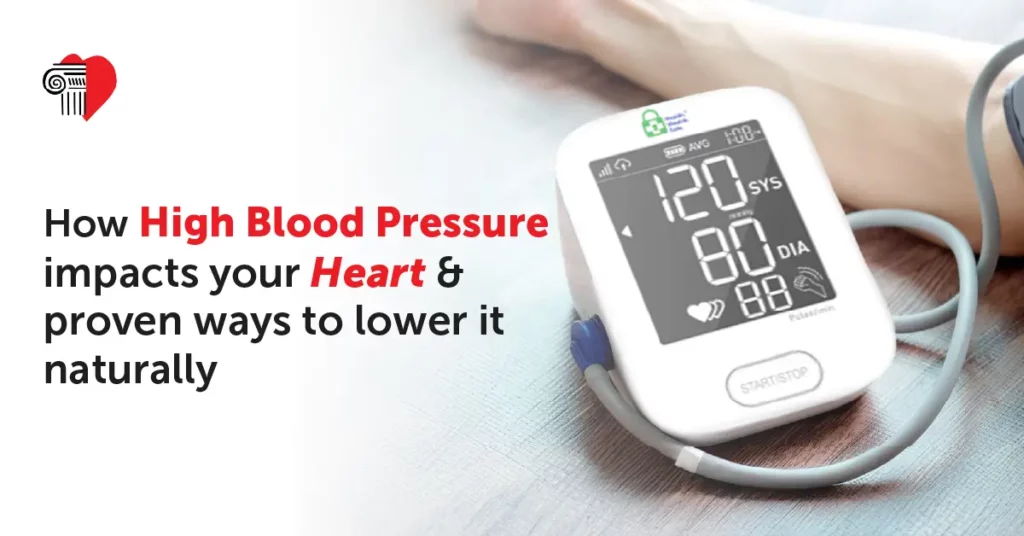Affordable Diagnostic Testing in Athens, GA
Affordable Diagnostic Testing in Athens, GA If you’re in Athens, Georgia, and looking for reliable, affordable diagnostic testing, the team at Athens Heart Center & Specialty Clinics (AHCSPC) is here to support you. Whether you’re experiencing new symptoms or simply staying ahead with preventive care, AHCSPC offers accurate, advanced diagnostic tests—all under one roof, and always with your budget in mind. Diagnostic Tests Offered at AHCSPC Here’s a closer look at the wide range of diagnostic services we offer at our Athens facility: https://youtu.be/9OonV0roz0c?si=xhOSsHDvMzAmORXm Cardiac PET (Positron Emission Tomography) A Cardiac PET scan is one of the most advanced imaging techniques available for heart health. It allows our cardiologists to assess blood flow, detect blockages, and evaluate heart function with unmatched accuracy. Why it’s important: Cardiac PET scans provide detailed images of how well your heart is working. It’s beneficial for detecting coronary artery disease early, before symptoms become severe. Echocardiogram (Heart Ultrasound) An echocardiogram is a non-invasive ultrasound test that takes live pictures of your heart. This test helps evaluate your heart’s structure, valve function, and pumping ability. Why you might need it: If you’ve been experiencing chest pain, fatigue, shortness of breath, or irregular heartbeat, an echocardiogram can help pinpoint the cause. Sleep Study (Polysomnography) Sleep disorders like sleep apnea can seriously impact your daily energy, heart health, and even your lifespan. At AHCSPC, we offer both in-lab and home sleep study options to make testing as convenient and accessible as possible. What it checks: Your breathing, oxygen levels, heart rate, and brain activity while you sleep. Why it matters: Sleep apnea often goes undiagnosed. A sleep study can lead to treatments that dramatically improve your health and quality of life. Nuclear Imaging Nuclear imaging uses small amounts of safe radioactive materials to evaluate how well your heart and organs are working. This imaging technique is especially valuable for patients with existing heart conditions or those experiencing unexplained chest pain or fatigue. Why it’s effective: It provides clear, detailed information that standard imaging may miss, especially useful for guiding treatment plans. More Tests. More Answers. One Trusted Clinic. In addition to these four key services, AHCSPC offers many more diagnostic tests, including: EKGs Stress tests Holter and event monitors Blood panels Cancer screenings Vascular ultrasounds And more Whether you’re concerned about your heart, your energy levels, or your overall health, we have the right tools to help you get answers fast. 👉 To view the full list of available tests and pricing, visit: 🔗 www.ahcspc.com/diagnostic-testing-in-athens Why Choose AHCSPC for Diagnostic Testing? We believe in providing the highest quality care to our patients That’s why we offer: Transparent pricing – Know the cost of your test up front. Insurance support – We accept Medicare, Medicaid, and most major insurance plans. Cash-pay options – Affordable rates for uninsured patients or those with high deductibles. Efficient scheduling – Same-day or next-day appointments are often available. Whether you need a one-time test or ongoing monitoring, we work with you to provide the best possible care for your healthcare. Convenient, One-Stop Care in Athens At AHCSPC, inexpensive diagnostic testing isn’t just a service—it’s part of a larger, patient-first approach. Because we’re a multi-specialty clinic, we coordinate your testing and follow-up care in one place. That means: No running between locations Faster diagnosis and treatment planning Easy access to your test results Care coordination between your primary doctor and specialists We offer other services as well, which include Cardiology, Sleep Management, and Pain Management. 👉To know more about our services, visit:🔗 https://www.ahcspc.com/ We’re proud to offer all of this from our diagnostic testing centre located at 2005 Prince Avenue, Athens, GA. What to Expect During Your Test Your comfort and safety are our top priorities, and our staff will walk you through the entire process. Before your test, we will provide you with clear, detailed instructions, including any necessary preparations you need to follow. During your test, our experienced technicians and specialists are dedicated to ensuring you remain comfortable and well-informed throughout the procedure. After your test, your physician will receive your results within 24-48 hrs. Ready to Take Charge of Your Health? At AHCSPC testing service, we treat patients like family. From the front desk to the diagnostic testing centre, our team is here to answer your questions, support your care journey, and make sure your experience is smooth and stress-free. If you’ve been putting off testing because of cost or convenience, now’s the time to act. Affordable, reliable diagnostic care service is right here in Athens and we’re ready to help. 👉 Visit us at AHCSPC.com/diagnostic-testing-in-athens 📍 2005 Prince Avenue, Athens, GA 30606 📞 Call to schedule your appointment today Don’t Wait for Symptoms. Get Tested, Get Answers, Get Peace of Mind. Whether it’s your heart, sleep, or overall health, we’re here with the testing service you need, at a price you can afford.
Affordable Diagnostic Testing in Athens, GA Read More »











